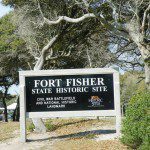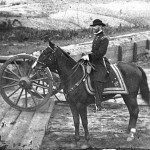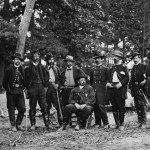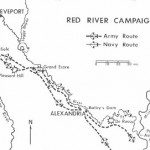As William Tecumseh Sherman was offering the capture of the key Confederate city of Savannah, Georgia to President Abraham Lincoln as a “Christmas gift”, a combined amphibious Army and Navy force was engaged in an attempt to capture Fort Fisher near Wilmington, North Carolina. That was the only remaining Atlantic seaport accessible to blockade runners who were bringing in supplies to keep the rapidly-fading Confederate hopes of victory alive.
Read the entire article in the Jan. 15th issue of the Express.




